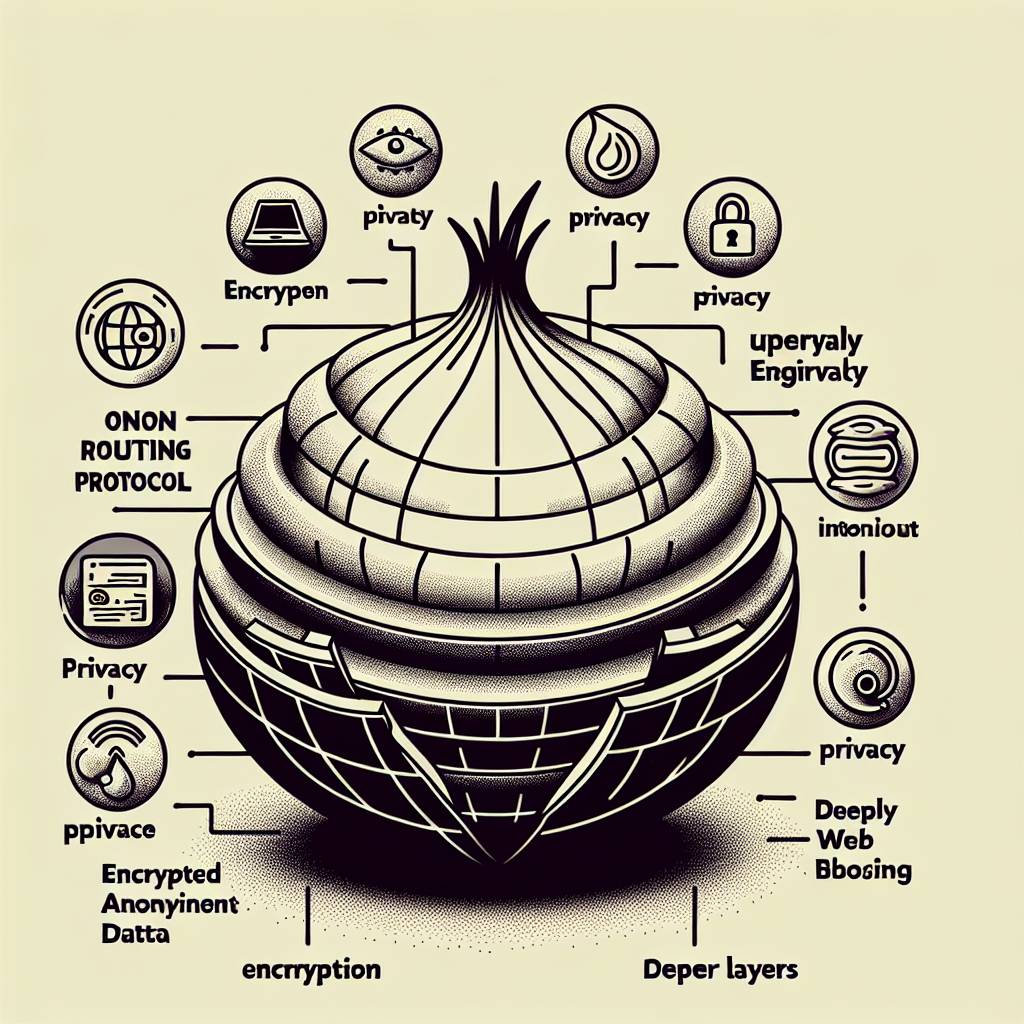Onion sites, also known as .onion domains, are hidden websites that can only be accessed through specialized browsers like Tor. These sites exist on the dark web and provide anonymity to both website operators and visitors through multiple layers of encryption. While onion sites are often associated with illegal activities, they also serve legitimate purposes like protecting privacy, enabling secure communication, and providing access to information in censored regions. Journalists, activists, whistleblowers, and privacy-conscious individuals frequently use onion sites to maintain anonymity and avoid surveillance. However, users should exercise caution when accessing these sites, as they can expose visitors to scams and illegal content. The safety of onion sites largely depends on user behavior and the specific websites visited. When used responsibly with proper security measures, onion sites can be a valuable tool for privacy and freedom of information.
Is it safe?
The safety of onion sites largely depends on how users approach and interact with them. While the Tor network itself provides robust encryption and anonymity features, the content and services available on onion sites can vary significantly in terms of legitimacy and security. Users should exercise extreme caution when accessing these hidden services, as there’s no regulatory oversight or standard security measures in place.
One of the primary security concerns with onion sites is the prevalence of scams and malicious content. Unlike regular websites, onion addresses are often complex strings of characters, making it easy for criminals to create convincing copycat sites to steal personal information or cryptocurrency. Additionally, some onion sites may contain malware or other harmful programs that could compromise your device’s security.
To enhance safety while accessing onion sites, users should implement multiple security measures. This includes using up-to-date security software, enabling a reliable VPN service alongside Tor, and never sharing personal information or financial details. It’s also crucial to verify the authenticity of onion addresses through trusted sources and directories to avoid falling victim to phishing attempts.
Despite these risks, onion sites can be relatively safe when accessed responsibly and with proper precautions. Many legitimate organizations, including news outlets and privacy advocates, maintain their own onion sites to provide secure access to information. The key to safety lies in understanding the potential risks, implementing proper security measures, and being selective about which onion sites to trust and access.
Who Uses It?
Onion sites attract a diverse range of users, from privacy-conscious individuals to those requiring anonymity for legitimate purposes. Journalists and whistleblowers frequently utilize these platforms to share sensitive information while protecting their sources and maintaining confidentiality. Human rights activists operating in restrictive regions rely on onion sites to communicate securely and organize their efforts without fear of surveillance.
Academic researchers and cybersecurity professionals form another significant user group of onion sites. They study network security, conduct research on privacy technologies, and analyze digital communication patterns. Law enforcement agencies also maintain a presence on these platforms to monitor illegal activities and gather intelligence, though they must follow strict legal protocols in their operations.
Privacy-focused individuals who wish to avoid commercial tracking and data collection make up a substantial portion of onion site users. These people value their digital privacy and use these platforms to access information without leaving digital footprints. Additionally, citizens living under restrictive governments often turn to onion sites to bypass censorship and access blocked content, including news websites and social media platforms.
Business professionals and corporations have also begun utilizing onion services for secure communications and data protection. Companies handling sensitive information or operating in regions with strict internet regulations increasingly recognize the value of onion routing technology. However, it’s crucial to note that while many users access onion sites for legitimate purposes, some individuals do exploit this technology for illegal activities, which has contributed to its controversial reputation.
What is it used for?
Onion sites serve multiple purposes across the deep web, primarily functioning as platforms for secure communication and information sharing. These specialized websites operate on the Tor network, providing users with encrypted access to various services while maintaining anonymity. The .onion domain structure creates a unique ecosystem where users can access content without traditional tracking mechanisms or surveillance typically present on the regular internet.
One of the primary applications of onion sites involves secure communication channels for journalists, whistleblowers, and activists operating in regions with restricted internet access. Major news organizations like The New York Times and BBC maintain their own .onion mirrors, allowing individuals to access uncensored news content while protecting their identity. These platforms have become crucial tools for sharing sensitive information and maintaining press freedom in challenging environments.
Corporate entities and organizations also utilize onion sites to provide secure services to their users. Facebook, for instance, maintains an onion site version of its platform, enabling users to access social media services in countries where such platforms might be blocked or monitored. Additionally, secure drop services operating through .onion domains allow for confidential file sharing and communication between parties who require enhanced privacy measures.
Beyond legitimate uses, onion sites also function as marketplaces and forums for various communities seeking privacy. These can include support groups, discussion boards, and specialized interest communities that prefer to operate away from the mainstream internet. While some may associate onion sites primarily with illicit activities, their technological framework serves numerous legitimate purposes, particularly in areas where internet freedom and privacy are compromised.

